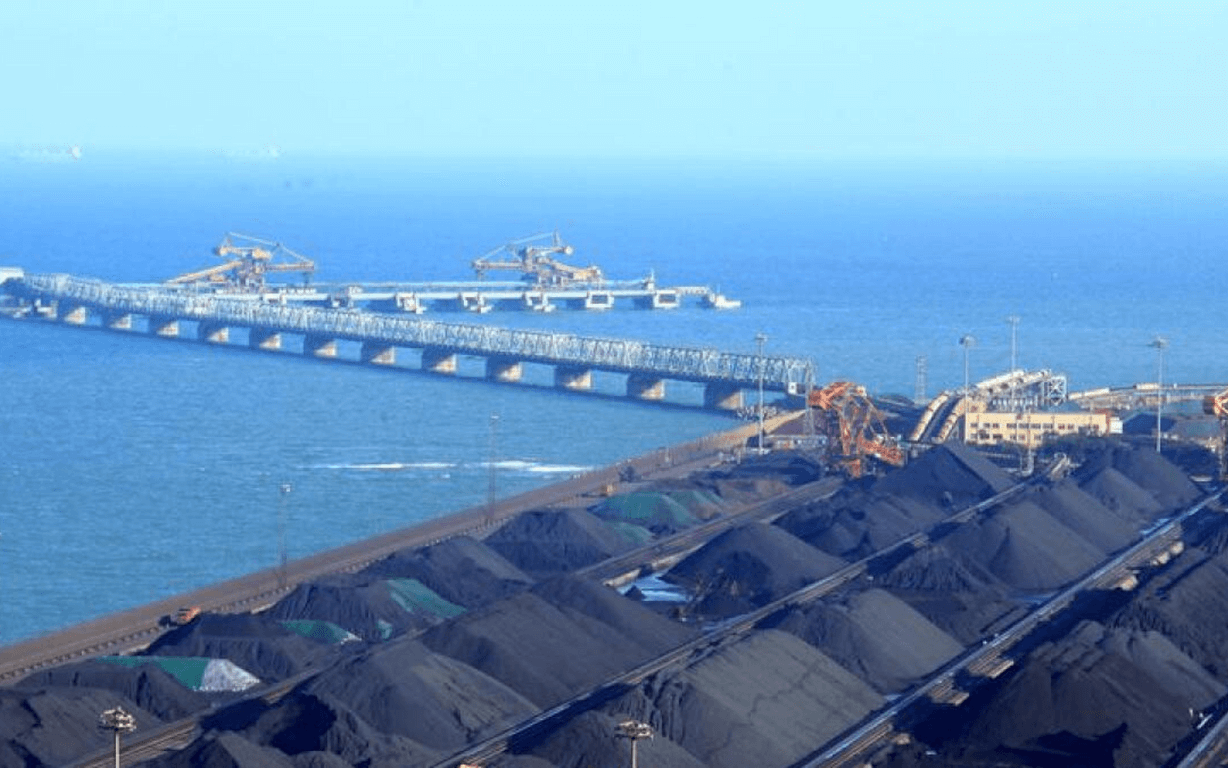
In light of rumours Beijing may permit coal shipments to resume for the first time since 2020, Australia-China relations look to be improving.
It follows Prime Minister Anthony Albanese’s meeting with Chinese President Xi Jinping in November and Foreign Minister Penny Wong’s meeting with her counterpart in Beijing last month as the most recent constructive move between the two countries.
Despite similar rumours that China was considering resuming purchases of Australian coal last year coming to nought, Australian coal exporters are growing increasingly optimistic that it is more than just a rumour.
The industry is urging China to take prompt action in order to secure its next batch of purchasing contracts.
It would open the door for additional business transactions in the future, according to David Olsson, president of the Australia China Business Council.
“We have a better climate in which to resolve trade constraints that are in place between the two nations now that high-level government-to-government conversations between Australia and China have resumed,” he told AAP.
The restart of high-level discussions “sends a strong, positive signal to the Chinese system and business community about Australia’s role as a corporate partner for China,” according to the statement.
Although the restoration of the coal trade might not have a significant economic impact, according to research principal at the Australia-China Relations Institute Roc Shi, it would be a positive development.
Politically, the transformation is more significant than economically. According to him, this move means China has taken the first step toward mending the relationship.
Technically, the Chinese government can easily implement the prohibition because it has never been formally stated. However, the connotation is important since it shows China’s desire to strengthen the two-way partnership.
Sussan Ley, the deputy leader of the opposition, welcomed indications of improved economic relations but emphasised the need for any easing of barriers to be free of conditions.
According to Ms Ley on Friday, “President Xi imposed these restrictions on Australian exports in an effort to compel Australia to abandon measures that were in our national interest.
“Those efforts to force us failed thanks to the solid leadership of the previous government.”
Beijing has called Australia’s COVID-19 restrictions on Chinese travellers “disproportionate and plain unacceptable,” although the consequences of this seem improbable.
Before going to Australia, visitors from China must demonstrate that they received a COVID test that was negative within 48 hours. For international visitors, China has a comparable measure.
In response to a challenging period during the pandemic, Mr Olsson suggested that China and Australia cooperate for their mutual benefit.
“Australia’s public health response over the past few years may not have been flawless, but it has produced positive results… I’m certain there are aspects of public health policy that both parties could cooperate on for mutual gain,” he remarked.
“The new waves of the virus (in China) are another issue to be addressed, but for those with a long-term perspective and who is responsible for risk management, China remains an appealing market and business partner.”








